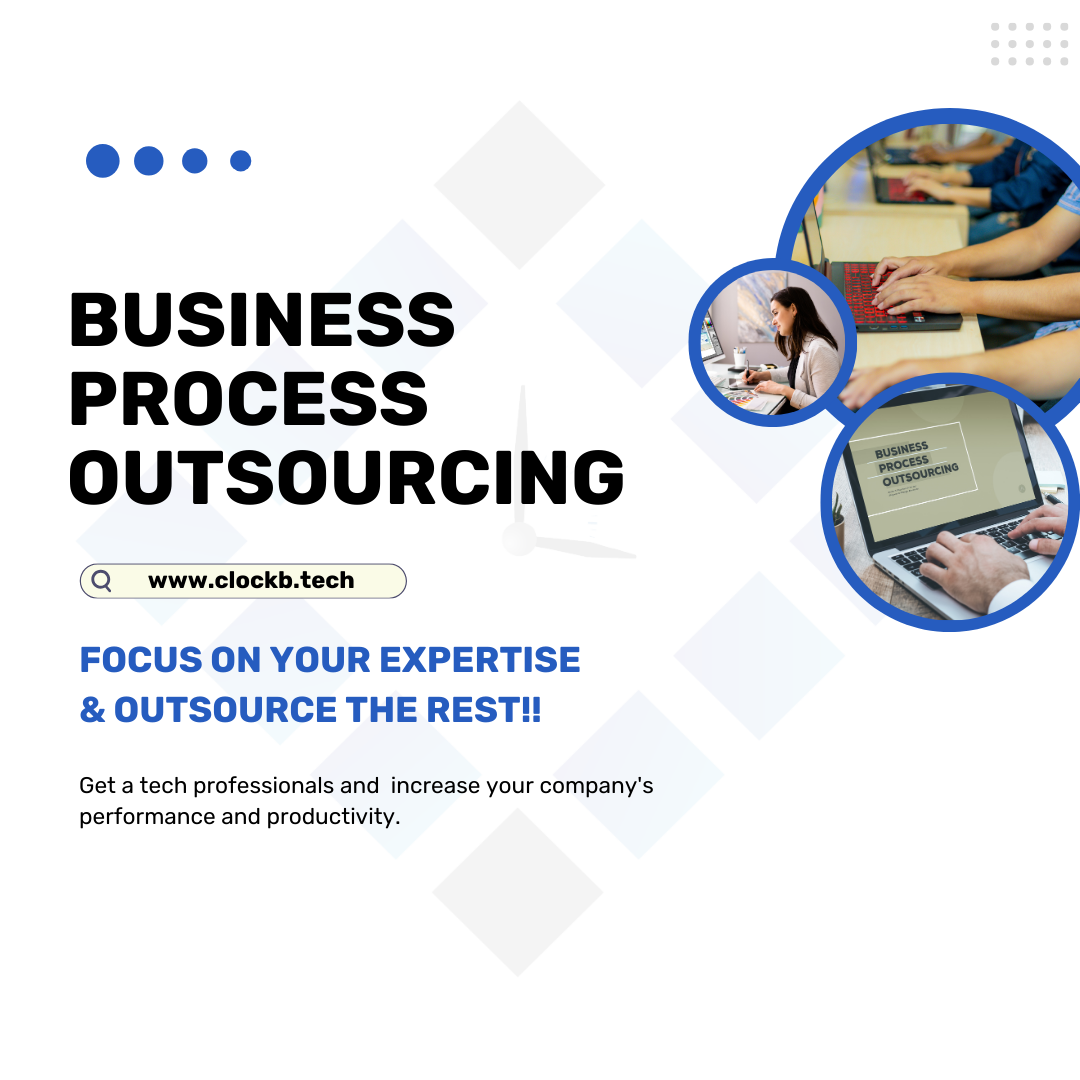Introduction
In the dynamic world of business operations, companies are constantly seeking ways to maximize their efficiency while keeping costs in check. One popular method that many businesses are using is called Business Process Outsourcing (BPO). This article provides a brief overview of BPO, its core components, and real-world examples of its application.
What is BPO?
Business Process Outsourcing (BPO) is a strategic practice wherein organizations assign certain non-core functions to external service providers. The primary objective of BPO is to allow companies to concentrate on their essential skills while enhancing productivity and reducing expenses.
Types of Business Process Outsourcing
BPO can be categorized into two main types:
Back-Office Outsourcing
This type of outsourcing involves delegating internal business functions such as accounting, data entry, payroll processing, and human resources management. By entrusting these administrative tasks to external experts, companies can minimize operational costs and allocate resources more efficiently.
Front-Office Outsourcing
Front-office outsourcing typically involves customer-related services such as technical support, customer care, and sales. Outsourcing these front-facing tasks allows businesses to deliver consistent, high-quality customer service while focusing on strategic customer engagement and product development.
Benefits of Business Process Outsourcing
Embracing BPO can offer several advantages to organizations, including:
Cost Efficiency
Outsourcing certain tasks to regions with lower labor costs can significantly reduce operational expenses.
Access to Specialized Skills
BPO companies typically possess specialized knowledge and experience in particular areas, allowing businesses to benefit from their expertise without the need for extensive training or hiring efforts.
Enhanced Focus on Core Competencies
By outsourcing non-core functions, companies can concentrate their resources and efforts on areas that directly contribute to their competitive advantage and business growth.
Scalability and Flexibility
BPO allows businesses to scale their operations up or down rapidly based on market demand without the need for significant investments in infrastructure or human resources.
Improved Operational Efficiency
Outsourcing routine and time-consuming tasks can lead to improved operational efficiency and productivity, allowing businesses to meet their objectives more effectively.
Key Considerations for Successful Business Process Outsourcing
While BPO offers numerous benefits, it is crucial for businesses to consider the following factors for successful implementation:
Vendor Selection
Thoroughly assess potential BPO providers based on their expertise, track record, and ability to align with your business objectives.
Data Security and Confidentiality
Ensure that the BPO partner has robust data security measures in place to protect sensitive business information.
Clear Communication
Establish effective communication channels and protocols to maintain transparency and ensure the seamless flow of information between the company and the BPO provider.
Observance of Regulations and Compliance
Verify that the BPO provider adheres to industry-specific regulations and compliance standards to mitigate potential legal risks.
Service Level Agreements (SLAs)
Clearly define the scope of services, performance metrics, and expectations in the Service Level Agreement to maintain accountability and quality assurance.
Future of Business Process Outsourcing
As technology advances and global markets become increasingly interconnected, the landscape of BPO is expected to evolve further. It enables more efficient and data-driven decision-making processes. Moreover, the rise of remote work and virtual collaboration is redefining the traditional concept of outsourcing, allowing businesses to access global talent pools without geographical constraints.
Conclusion
In summary, Business Process Outsourcing (BPO) is a strategic tool that can empower businesses to optimize their operations, enhance their competitive edge, and drive overall growth. By understanding the fundamental concepts, benefits, and best practices associated with BPO, companies can use outsourcing smartly for success in today’s fast-changing business world.


